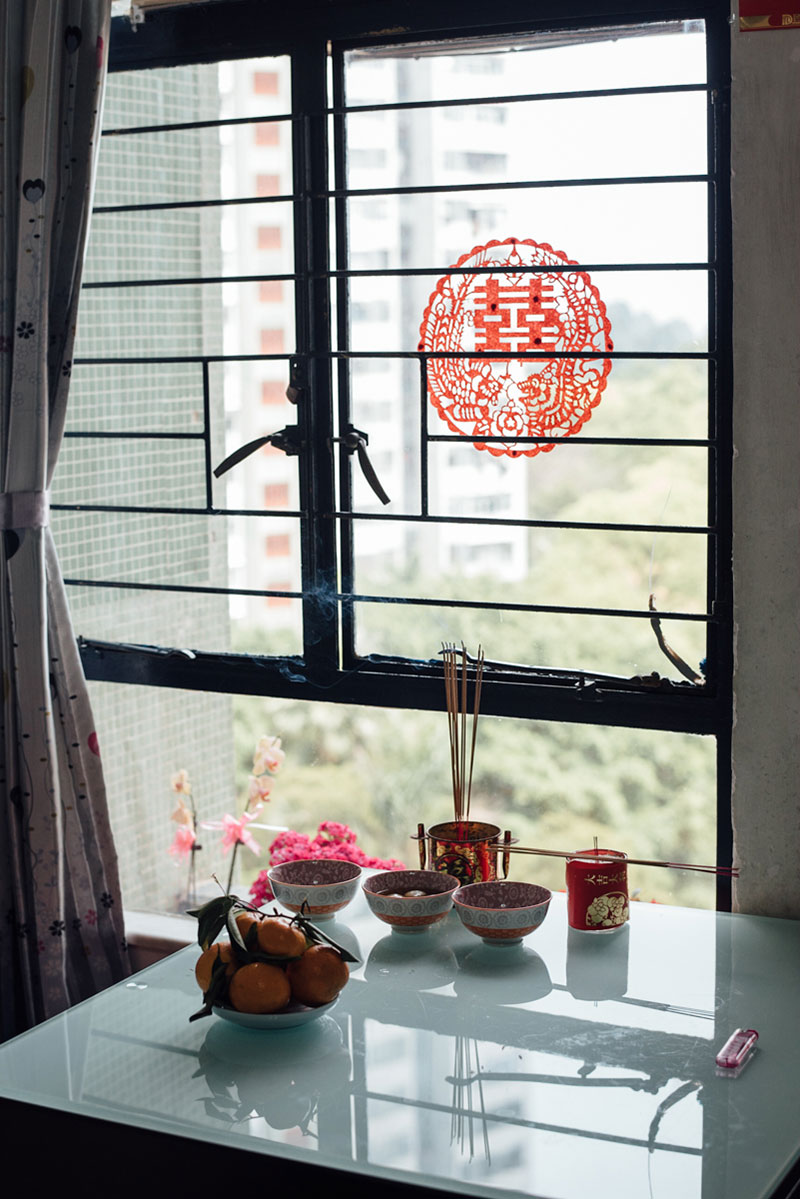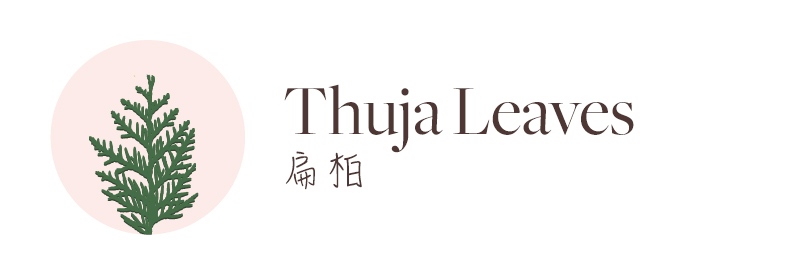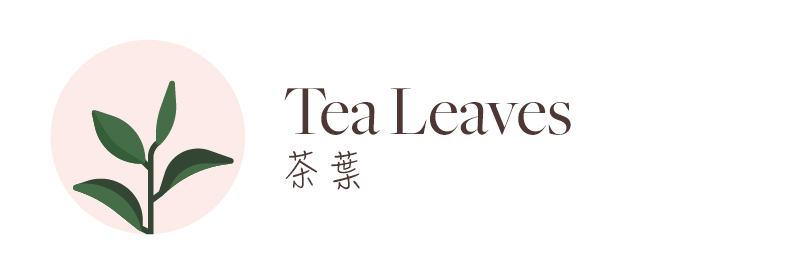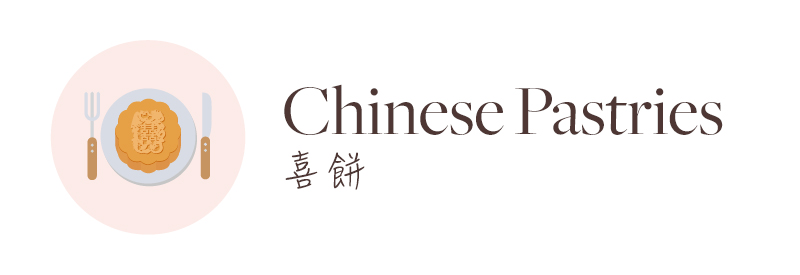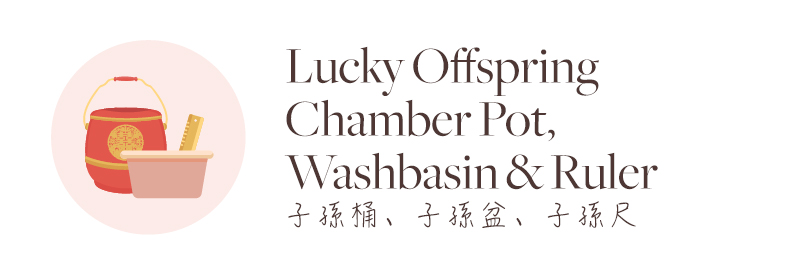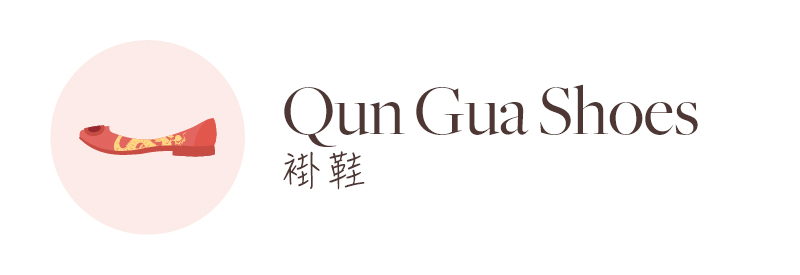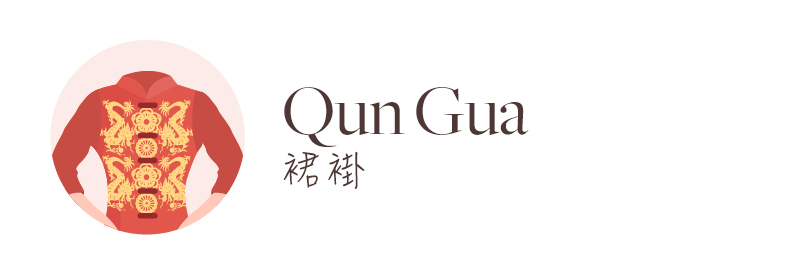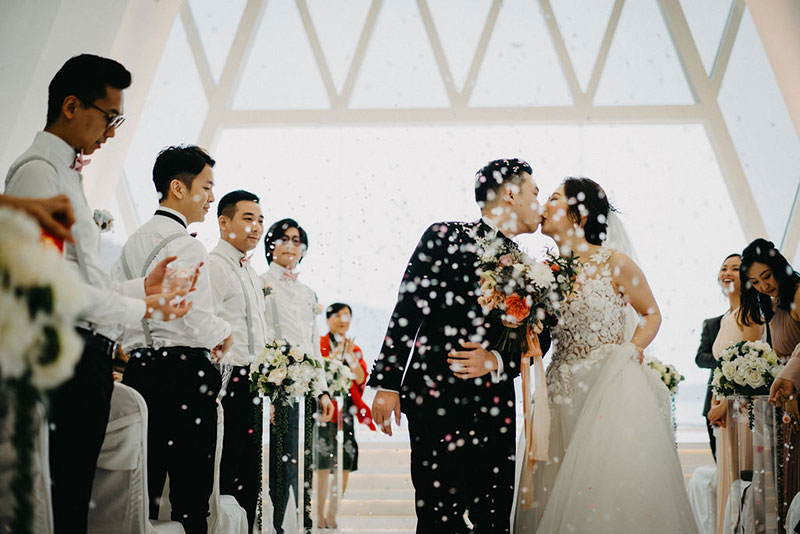After the wedding, you’ll have a lot of materials on your hands, both from your Chinese wedding and your western one. Now, what do you do with your items? Can you give them all away, do you donate instead, or do you dispose of them? For many of the items, any of the mentioned are fine. However, there are some items that need to handled properly, especially because they hold a significant meaning for your marriage. Find out what these items are and what to do with them here.
[From: This Wedding Venue Embraced the Bride and Groom in The Most Beautiful Greenery / Photo: Lahuaus.co]
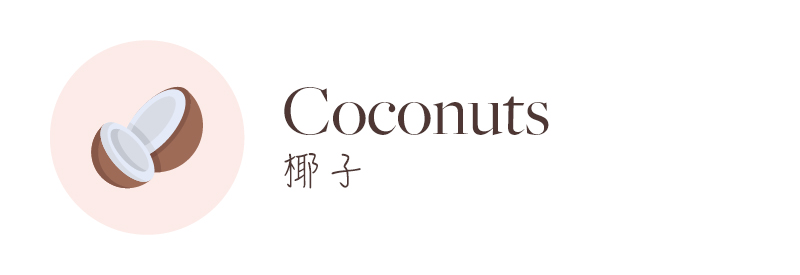 During the betrothal ceremony, the groom has to prepare coconuts as part of his gift; coconuts represent having a lot of children. In the olden times, most people worked as farmers. So after the betrothal ceremony, the coconuts could be easily left in the farm to grow. Nowadays, many people are no longer farmers. So what does one do with the coconuts? Better not throw them away right after the betrothal ceremony. You can spray water over it from time to time; if a sprout grows, it might mean you’ll have a child soon! After a month or more, you may then wrap it and dispose of it.
During the betrothal ceremony, the groom has to prepare coconuts as part of his gift; coconuts represent having a lot of children. In the olden times, most people worked as farmers. So after the betrothal ceremony, the coconuts could be easily left in the farm to grow. Nowadays, many people are no longer farmers. So what does one do with the coconuts? Better not throw them away right after the betrothal ceremony. You can spray water over it from time to time; if a sprout grows, it might mean you’ll have a child soon! After a month or more, you may then wrap it and dispose of it.
In the betrothal ceremony checklist, thuja leaves are listed out. These leaves will be used with red strings at the hair combing ceremony. But more often than not, the hair combing ceremony is held months after the betrothal ceremony. This means that the thuja leaves will not be fresh anymore. If the dates are not too far off, you can try to put the leaves in the refrigerator first to keep them fresh as long as possible for the hair combing ceremony. If not, and if they end up withering, then feel free to dispose them.
When you receive tea leaves from the groom at the betrothal ceremony, don’t just throw them away. You can use them for tea ceremony on the wedding day. So, keep them instead and set them aside for the wedding day.
The more pastries you share with friends and family, the more blessings will come for the bride–this is a popular belief. But if you cannot finish all the pasties, you can set them aside until they grow mold. Mold in Chinese pastries signifies affluence, riches, and good luck. After that, you can already throw them away.
You should not throw away these 3 lucky items after betrothal ceremony or even after wedding! These items symbolize offspring and children. You should wait until your baby is born before you dispose any of these items. And even if you don’t have plans for children just yet, you can save these items for future use.
Many brides rent a second-hand qun gua, so why not do the same for the shoes? In Chinese culture, wearing old shoes is bad luck. Therefore, Brides should never wear second-hand gua shoes. Some brides may feel like this may be wasteful because they might not use the shoes again but they can’t either throw these away. In that case, there are many red shoes with more modern styles and gold shoes that may also be alternatives and can be used again.
The qun gua is commonly a family heirloom that can be passed along generation after generation. In fact, passing it on is good luck for next bride who will be using it next. And because of this, there are so many qun gua rental shops around allowing brides to wear second-hand, third-hand, or even older qun guas. It’s important to note though, that renting means you will never know if the qun gua from last bride has good luck or bad luck. If you can, try to wear one that is passed from your family. If you have enough budget, you can wear a brand new qun gua then be the one to pass it down. Essentially, qun guas are not to be thrown away or just disposed any way. They are important symbols of heritage to be passed on in the family.







